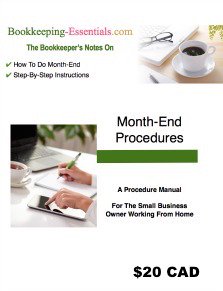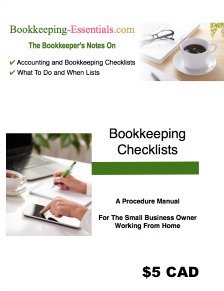GST on Mileage
by Tim
(Ottawa, Ontario, Canada)
When charging mileage as a disbursement to a client I have to collect GST. I charge the current treasury board rate.
To calculate the GST to be charged to the client for this disbursement do I calculate GST by adding 5 % to the treasury board rate? Or does the treasury board rate already contain the GST, in which case I would subtract out 5% to get the proper GST number?
Thanks,
Tim
Hi Tim,
It is my understanding that government travel allowance rates build the GST into the rates. This means you would bill the client the treasury board rate divided by 1.05 . The 5% GST collected would be on that invoiced amount. This ensures you are only "recovering" the treasury board rate.
For example, the treasury board rate at January 1, 2010 for Ontario is 54.5 cents / km. Their chart states it includes taxes. So your calculation would be 54.5 / 1.05 = 51.9 (invoiced amount) x 5% GST = 2.6 (GST collected).
From the expense side, if your employees use their personal vehicle for business purposes, there are published tax rate deduction limits for the tax-exempt portion of allowances that CRA considers reasonable. These rates are NOT the same as the treasury board rates.
Thanks for the question. :0)
See you on the next page .... Your tutor Lake



